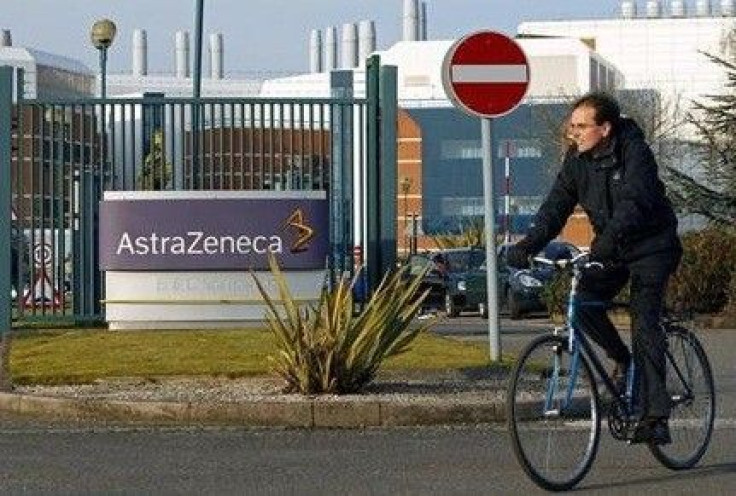AstraZeneca News: Drug Giant to Cut 7,300 Jobs After Profit Warning

Pharmaceutical giant AstraZeneca is to axe a further 7,300 jobs, it emerged Friday.
The cuts, equivalent to 12 percent of the workforce, are expected to deliver $1.6 billion in annual benefits by the end of 2014, but will cost $2.1 billion to implement.
The news comes as AstraZeneca, who have already cut 21,000 jobs since 2007, issued profit warnings on the back of government price controls and the expiration of patents on key products such as Seroquel and Atacand.
As a result, Chief Executive David Brennan has been shrinking the business.
The further expected losses of market exclusivity make for a challenging 2012 outlook, he said.
The news caused AstraZeneca shares to drop 4.2 percent to 2,960 pence just before noon in London.
The Anglo-Swedish drugmaker faces loss of exclusivity on many of its top-selling drugs over the next five years and has few obvious replacements in its pipeline.
The antipsychotic medicine Seroquel, its second-biggest drug, will lose exclusivity in the United States in March and also goes off patent in European countries this year.
That will contribute to a tough year, with group sales expected to decline by a low double-digit percentage in 2012.
The lack of replacements for key products has worried investors and triggered speculation AstraZeneca may need to make a big acquisition.
But following the poorly received purchase of MedImmune for $15.6 billion in 2007, the company has so far eschewed another large deal and Brennan said his focus remained on small acquisitions.
He told reporters MedImmune was a different scale of deal to ones AstraZeneca might consider now because it had been needed to vault the group into biotech medicine. The kinds of things we are thinking about are smaller than that, he said.
In December the company took a double blow to its new drug pipeline and announced it was to scrap a new ovarian cancer drug while also taking a big writedown on an experimental antidepressant being developed with Targacept.
AstraZeneca now expects recently launched products and the pipeline to contribute $2-4 billion to sales by 2014, down from $3-5 billion estimated a year ago and $4-6 billion seen in 2010.
It now expects overall revenues in the period up to 2014 to be in the lower half of the previously forecast range of $28 billion to $34 billion a year. Sales were $33.6 billion in 2011.
© Copyright IBTimes 2024. All rights reserved.











